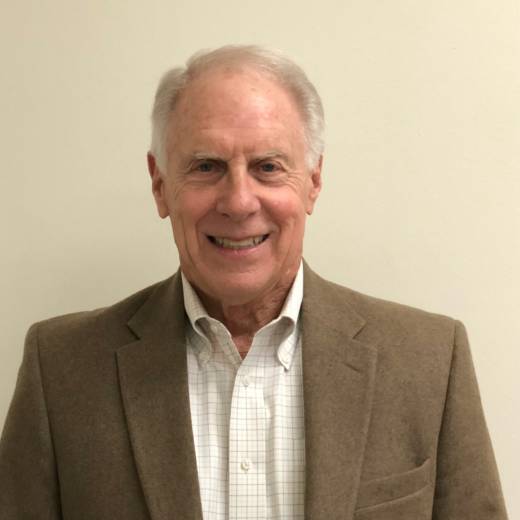Clogged ports and a badly broken supply chain have many wondering whether its time to change the reliance on goods made overseas. Joe Epstein has this Perspective.
I have a great view from my home of container ships heading towards the Port of Oakland, where they drop anchor in the bay—sometimes for weeks—before they can unload their cargoes. Everyone I know is frustrated waiting for something from offshore, be it spare parts for their car, a new computer, the list is endless.
I get it, because the current supply chain problems are affecting my business. As a steel distributor, my job is to acquire steel for construction and manufacturing, and deliver the products on time. The closure of many U.S. metal manufacturers due to foreign competition means a growing dependence on offshore steel. The broken supply chain makes that dependence worse.
Efforts to combat abnormally cheap foreign steel have had limited success, and the huge surge in the demand as our economy attempts to return to normalcy has exasperated shortages and delays, greatly exposing our vulnerability.
In my view the biggest culprits are the shipping companies, increasing their rates by as much as 500% in the last 2 years. They have also jammed U.S. ports with super-large ships carrying thousands of containers, clogging our ports and slowing down turn around time. Add labor shortages at U.S. ports, and a shortage of trucks and the result is a clogged supply chain.
